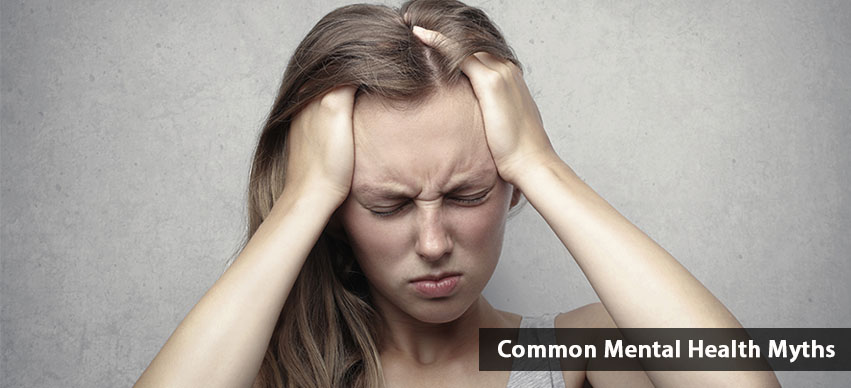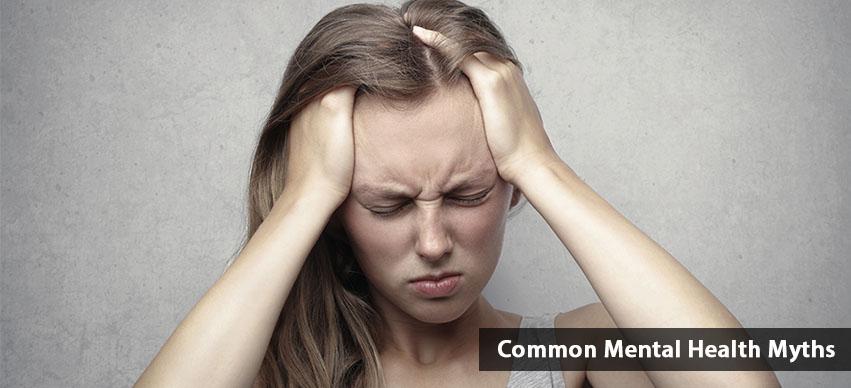Evolution of Prescription Refills: From In-Person to Online ..
6 Min Read


One in five Americans suffers from mental health problems. Yet, most people are afraid to open up to anyone about the issues they were experiencing. They prefer to tolerate the symptoms in silence. The stigma surrounding the condition makes them reluctant to seek medical services. Often this arises due to the fear that the diagnosis results could affect their careers. Will they still hold their teaching position if diagnosed with depression? Will the clients stop seeking their services when they learn that the entrepreneur is suffering from bipolar disorder or anxiety? Does the boss need to know that they are on medication?
The worry could also spring out of the fear of being labeled as crazy. Will people treat them differently after learning of their condition? Will it impact their kids’ interaction with their friends, or will they face discrimination?
With all the above concerns, it can be difficult for a person to deal with a mental illness to recover. It is, therefore, essential to know how to differentiate between the myths and the facts surrounding mental health. This way, you will be able to provide help to those grappling with a mental health disorder as early diagnosis and intervention can help a person recover completely and lead a healthy life.
Most people assume that those with mental illness pose a danger to the community. However, statistics show that on most occasions, they are the victims of violent crimes that they are culprits. Although people back their claims with the fact that most violent criminals suffer from a mental problem, this has a lot to do with the fact that 1 in every five individual have mental illness and doesn’t have any link of mental illness and one is dangerous.
In reality, anxiety and panic are part of everyone’s daily routine. People suffering from anxiety have severe and debilitating physical symptoms. Yet, most people assume that anxiety, fear, and panic is unreal. And, with time, it becomes worse if it’s not attended to early. It further leads to chest pains, high heartbeat rate, which may need urgent medical care.
People assume that strong-minded individuals should deal with a mental problem without requiring any help. The fact is one should also seek professional advice to overcome symptoms of mental illness. It is never a sign of weakness to ask for help or attending therapy sessions as influential entrepreneurs, celebrities, and athletes have overcome mental illnesses.
Also, seek financial help as mental illness can be expensive to treat, especially in advanced stages. Approach different insurance companies to compare quotes and carefully read the policy details. Go for a policy that suits your needs as an insurance policy may include a variety of conditions, including mental illness, which will come in handy in keeping you financially secure.
A large number of people fail to seek medical attention due to the belief that they can’t be sick as no one else in the family has a mental problem.
Genetics play a role in the condition. However, external stressors like a sudden loss of loved one and drug addiction can contribute to mental illness in otherwise healthy individuals. People should embrace the fact that other factors contribute to psychological problems other than just genetics.
Most people believe that individuals battling with mental disorders cannot handle stress and have no will power. This is untrue. People with conditions such as depression are often better at handling stress because they have spent time learning coping skills, stress management and problem-solving.
With proper nutrition, quality sleep, regular exercise, correct treatment, and support, individuals with mental illness can lead to better and more productive lives than even before the diagnosis. Also avoiding indulgence in drugs and alcohol can do a lot in improving mental health.
This is very wrong. There are several countries, all over the world that have specially designed programs to help people with mental illness find jobs. This includes even patients with the most severe mental disorders. With modern medications and therapy, almost all the symptoms can be controlled so the person can lead a normal, healthy life.
When people learn of the myths surrounding mental illness, stigmatization will significantly reduce. It is crucial as it encourages more people to seek treatment without any shame.